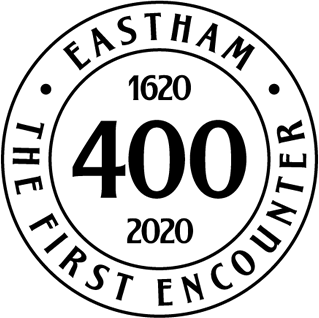 BY SUYIN HAYNES
BY SUYIN HAYNES
SEPTEMBER 16, 2020 9:00 AM EDT
On a September day in Plymouth, southwest England, a ship set sail. The day was Sept. 16, 1620, and the vessel was the Mayflower. Its passengers and their voyage would soon secure their place as an indelible part of American history. Now, 400 years later, in another September in Plymouth, the facts of that story are coming in for a reexamination.
The Mayflower story taught to generations of American schoolchildren goes something like this: The ship’s arrival in Cape Cod, Mass., that November, was the start of British colonization in the Americas. Those onboard were pilgrims, migrating from Europe as a result of religious persecution; they created a new Plymouth in Massachusetts, overcame adversity and eventually celebrated the first Thanksgiving. But that is only a fraction of the true history. The Mayflower’s passengers were not all pilgrims and 1620 did not mark the start of British colonization, nor did the 1621 Thanksgiving event mark a happy ending when it came to the settlers’ impact on the Indigenous Wampanoag people, who had been living on that particular part of the land for thousands of years. Click for the Full Article

